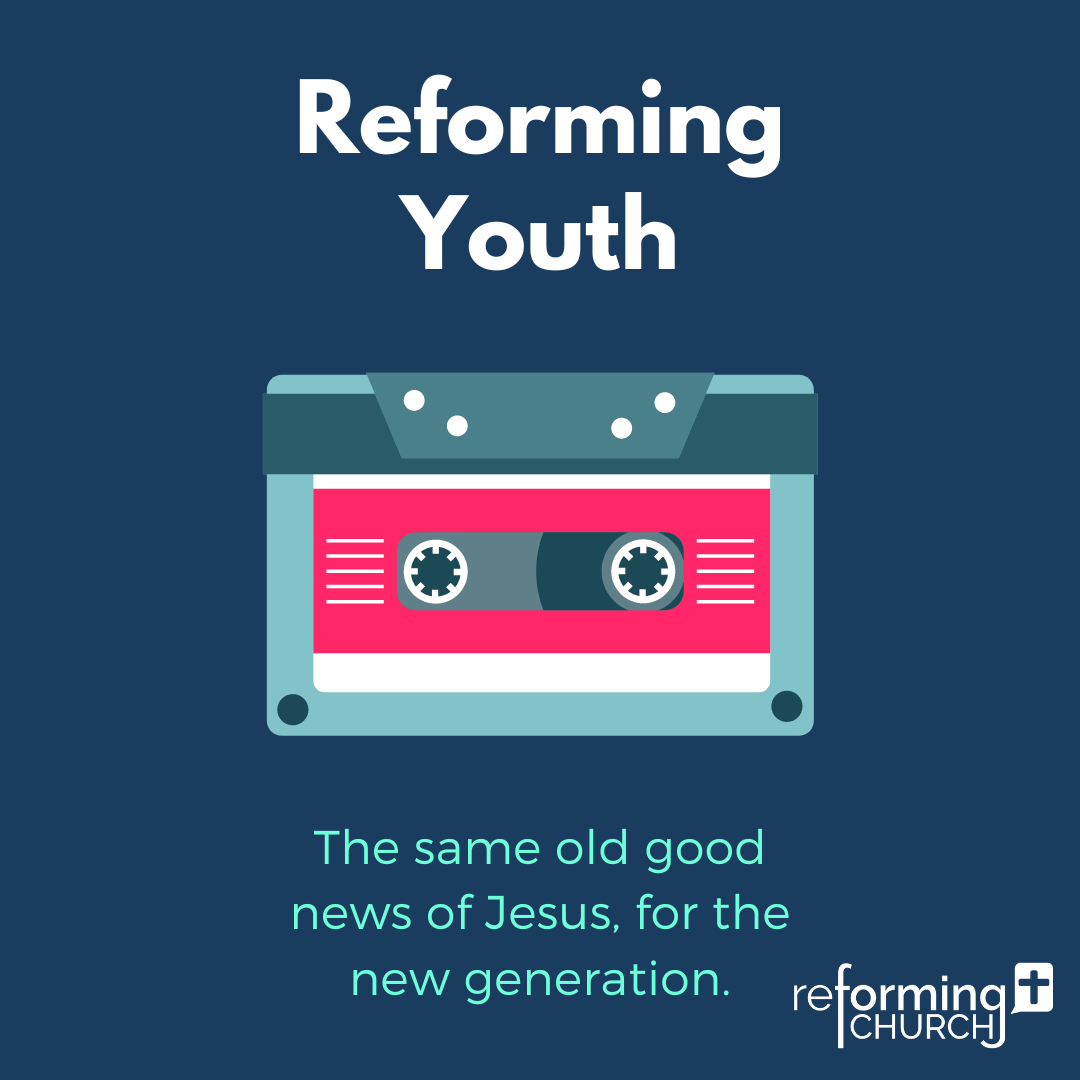The Grace of God and the Failure of Man (Romans 11:1-12)
Group Guides | Sharing the gospel, sharing our lives (1 Thessalonians 2:8)
By way of introduction: How does our society speak of success and failure?
Read Romans 11:1-12
What are the failures we see of people from this passage in Romans 11?
What is “a remnant”, how are they chosen, and where else do we see in this Scripture?
What are God’s evidences of grace seen in Romans 11?
Reflect and share about your own failures and the evidences of God’s grace in your life.
Read Titus 2:11-15, and discuss how the grace of God works in saving us and shaping us.
When we think about church life, we can be fast to think of ourselves (with all our successes and failures). How does focusing upon Christ change the way we view one another in our church?
With 4 weeks until our proclaiming God’s grace at the Community Christmas Festival, in what ways can we plan and pray for our church and community?
Before you pray together, why not read the question and answer below from the Heidelberg Catechism…
The Heidelberg Catechism
LORD’S DAY 1
1. Question:
What is your only comfort in life and death?
Answer:
That I am not my own,
but belong with body and soul,
both in life and in death,
to my faithful Saviour Jesus Christ.
He has fully paid for all my sins
with his precious blood,
and has set me free
from all the power of the devil.
He also preserves me in such a way
that without the will of my heavenly Father
not a hair can fall from my head;
indeed, all things must work together
for my salvation.
Therefore, by his Holy Spirit
he also assures me
of eternal life
and makes me heartily willing and ready
from now on to live for him.
2. Question:
What do you need to know
in order to live and die
in the joy of this comfort?
Answer:
First,
how great my sins and miseries are;
second,
how I am delivered
from all my sins and miseries;
third,
how I am to be thankful to God
for such deliverance.
(The Heidelberg Catechism dates back to the Reformation, first published in 1563)



